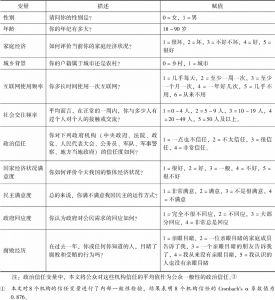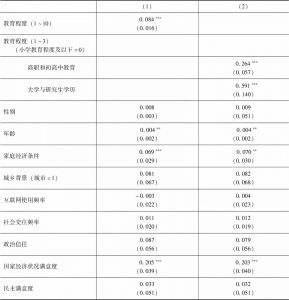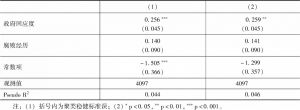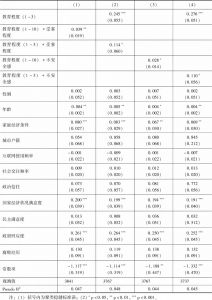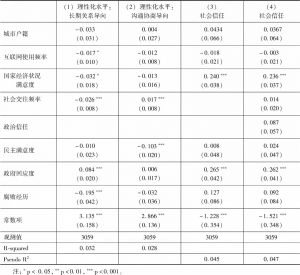论文
理性化:教育水平对社会信任的发展与调节效应
摘要
本研究探讨了公众教育程度对社会信任的直接发展效应、间接调节效应以及影响的内在机制。通过数据检证可以发现:首先,教育水平显著提高了公众的社会信任度;其次,教育能够有效地缓解某些消极经历,如犯罪受害经历对社会信任的侵蚀作用;最后,教育对社会信任的影响主要是通过提高公众对待人际关系的理性化水平实现的,即教育增强了公众发展长期合作关系和处理人际矛盾的沟通协调倾向。提高公众教育程度对维持较高的社会信任度、缓解社会资本的下滑以及维护社会稳定都具有重要意义。
检索正文关键字
论文目录
- 一、导言
-
二、理论与文献回顾
- (一)教育对社会信任的直接发展效应
- (二)教育对社会信任的间接调节效应
- (三)教育对社会信任的影响机制
- 三、数据与变量
-
四、研究发现
- (一)基本发现:教育对社会信任的直接发展效应
- (二)教育对社会信任的间接影响:教育的调节效应
- (三)教育的理性化机制检验
- 五、总结与结论
相关文献
查看更多>>>




